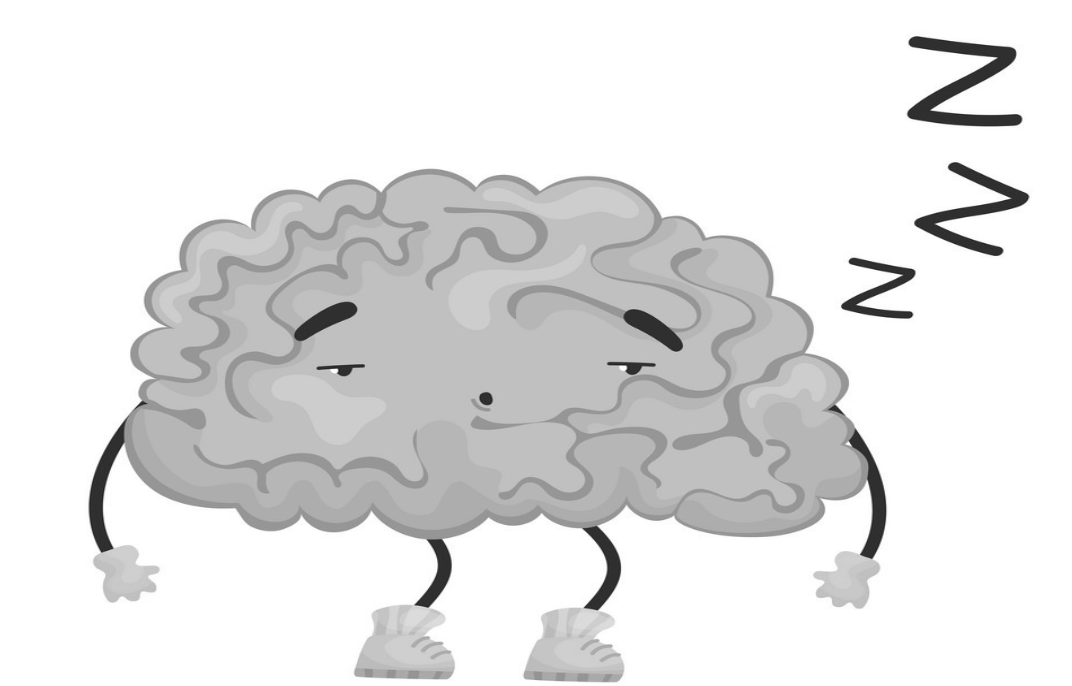The brain, especially that of a teenager, needs time to energize in the morning. Many teens like to stay up late yet this is no matter of personal preference. It stems from biological changes in the circadian rhythm and sleep melatonin that characterize the teenage brain.
According to the National Institute of Mental Health, the sleep hormone melatonin works differently in teens than in children and adults. Melatonin levels stay high later at night and drop later in the morning. This causes a teenager to not be able to control their impulses in their brain.
During the teen years, the circadian rhythm, or the internal clock that regulates our sleep, undergoes several developmental changes. Teens go through a sleep phase delay, where the need to sleep is delayed for about two hours.
“Optimal cognitive maturation, or the highest level of cognitive function requires about nine hours of sleep for teenagers,” Anatomy Teacher Lisa Berner said. “The problem also is the rise of the melatonin levels that cause sleepiness, which occurs in teenagers around 11 p.m.”
Light exposure can make it difficult for teens’ brains to shut down because it can suppress the production of melatonin in their brain. According to kidshealth.org, blue light from our phone fools the brain into thinking it’s daytime. The body then stops releasing melatonin. Darkness helps trigger the release of melatonin while blue light delays it. Just like the hormone melatonin, teens are more sensitive to the effects of blue light than adults are. The exposure of light causes the brain to not gain enough power after the teen goes to bed.
“At night I am usually glued to my phone,” freshman Alex Horowitz said. “I spend so much time on it that it keeps me from falling asleep, and it really affects how I feel when I wake up and go to school.”
The Better Health Channel states that most teenagers only get about 6.5-7.5 hours of sleep per night, causing their brain to not be fully available when learning. Prolonged lack of sleep can have a huge impact on a teen’s day-to-day life, including their mood and academic performance.
The complex structure of a teen brain’s melatonin levels and circadian rhythm highlights how important it is to address teenage sleep habits. As melatonin levels drastically increase, the circadian rhythm undergoes many developmental changes, creating a stoppage between the brain and its will to wake up.
The teenage years are a time of development, and in order to support the best possible cognitive maturity, it is critical to recognize the significance of enough sleep for academic success as well as general well-being.






























